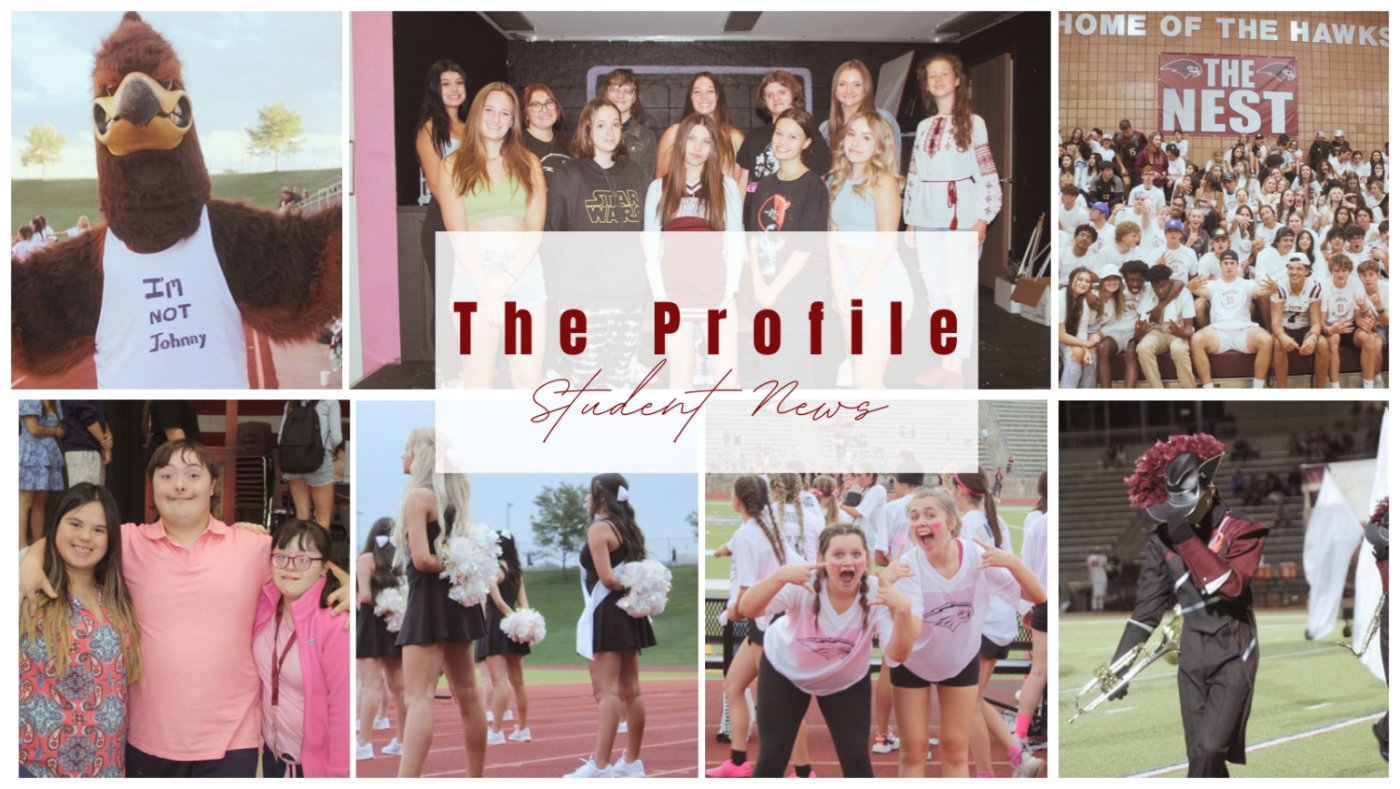Different Feasts Celebrated Around the World
November 12, 2021
It is human nature to gather with friends and family and celebrate a special occasion with a feast of some sort, no matter the culture or religion. This does not include just a typical family dinner, a feast is different. A feast has different meanings, preparations and different foods and may sometimes have a specific connection to a date. For example, the United States has Thanksgiving, a day celebrated to give thanks to the ones that you love. Although certain families may have different specific traditions surrounding a feast, you often see these traditions around this day stay the same and be celebrated each year. Let’s take a look at different feasts that hold significant meaning around the world.
Midsummer is a holiday that is celebrated in mainly Sweden, as well as Finland, Estonia, Latvia, Lithuania, and Quebec. The arrival of the brightest day of the year calls for a weekend of celebration. On the Friday evening that falls between June 19-25, families pack up and leave town for the countryside. The maypole is raised among flowers, dancing, singing, and feasting in observance of the summer solstice. The foods that are served during this holiday include…
- Pickled herring
- Potatoes
- Cured salmon
- Mustard
- Lemon
- Dill sauces
- Crisp bread
- Cakes
- Berries
A holiday called Carnival is celebrated in places such as Brazil, Venice, New Orleans, and many other Christan communities around the world. This day, also called Mardi Gras, Fat Tuesday, or Shrove Tuesday, occurs just before Ash Wednesday, the beginning of the Lenten fasting season. Parades, dancing, costumes, and street parties are consistent elements across festivals. Social roles may be reversed and behavioral norms are disregarded during the festivities. Foods for this holiday include rich foods such as
- Cheese
- Meat
- Alcohol
- Doughnuts
- Pastries
A holiday called Diwali is celebrated in India, which is celebrated on a moonless night in October or November. Diwali marks the battle of good over evil in Hindu mythology as the king Rama, who is also a god, defeated an evil king after he took his wife Sita. The Festival of Light, or Deepawali, is the most celebrated festival in India and lasts for five days. Candles, fireworks, and elaborate rangoli designs illuminate and adorn cities throughout the nation. Gifts are exchanged and grand feasts with decadent sweets are everywhere you turn. Certain foods that are served during this festival are
- Samosas (stuffed pastries)
- Tikki (fried potato patties)
- Gulab Jamun (fried dough soaked in fragrant syrup)
These are just three examples of how cultural diversity can turn into a beautiful holiday. They turn them into an amazing feast which gathers many from all over who believe the same things and people that share the same beliefs. They all celebrate their special day and occasion, often making traditions while they do so. Each of these feasts are very important to each individual culture and can all have a very deep meaning to the diversity of each of these countries and nations. Holidays all around the world are very significant to the individuality of each different culture, and religion of the people participating. Feasts are very important to each of these holidays as well as they build traditions and continue one for years to come. I believe that food brings people together and can have a significant importance on a culture or religion.


